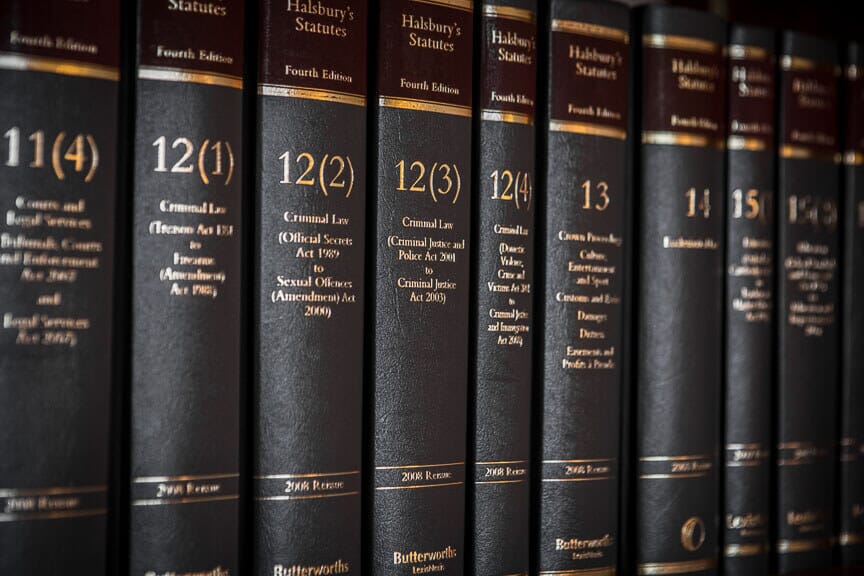
Validity of Wills - Capacity to make a will (Testamentary Capacity)
how do we know if a testator has capacity to make a will?
Capacity to make a will
The test is not set out in the Mental Capacity Act 2005 but instead applies a set of criteria established by the court in a legal case Banks v Goodfellow. This test was recently challenged and upheld by the High Court on appeal in the case of Clitheroe v Bond 2021.
The Banks v Goodfellow test has three part test;
- The testator must understand the nature of the will and its effect (sound mind).
- The testator must know the extent of their estate (assets) being disposed of under the will (sound memory)
- The testator must understand who their potential beneficiaries are (who they ought to benefit) (sound understanding).
Capacity can fluctuate and this does not rule out capacity either when the instructions for the will were given or when the will was signed.
Capacity depends on the facts of each case. There have been lots of cases since Banks v Goodfellow, in which the courts have been asked to consider how to interpret the capacity test and how the test applies to particular circumstances. For example, does the second criteria require a testator to remember all of their assets? (the answer is no, a testator must have the ability to understand but it is not a memory test – Harwood v Baker).
The third part of the test is the most frequently challenged because wills are normally challenged by people who expected to benefit from the will but did not.
The question is whether the testator knew who they should benefit – did they remember or have the ability to remember those who would expect to be included? If they did, but nevertheless decided to exclude them, the next question is whether this decision was reached with a sound mind or whether it was the result of a delusion of the mind to such an extent that in fact the testator had no capacity to make the decision? This was the issue which arose in Clithero v Banks.
In this case, the testator (mother) had three children. One daughter died shortly before the testator made her will. She was survived by her second daughter, Clithero and her son, Banks but she left her entire estate to Banks, excluding Clithero. The testator left a note explaining why she had done this – including various allegations of ill behaviour on the part of Clithero. Clithero argued that the reasons given were wholly incorrect and irrational – in other words, they were allegations of behaviour that simply had not taken place and so these reasons were unsound/ or delusional. Based on the facats of this case, the court agreed with Clithero that the reasons for her exclusion from the will were so irrational that, in truth, the testator had not possessed capacity when she made the will.
This concept of whether a testator had a ‘delusion of the mind’ is a difficult one and raises questions of reasonableness. If a testator has chosen to do something objectively unreasonable, is there a risk that their decision will be overturned by reason of incapacity?
How can it be shown that a testator did have capacity?
A will drafter must always consider the question of capacity especially with older, unwell or otherwise vulnerable clients and should take steps to satisfy themselves that the testator has capacity, especially when a testator is very elderly or unwell and/ or making a will which is likely to be controversial.
In the case of Kenward v Adams, Lord Templeman provided a set of guidelines now known as ‘the Golden Rule’. If the guidelines are followed, it should be harder for the will to be challenged on grounds of lack of capacity. The guidelines (which are best practice) are;
- Obtain a medical report on the testator’s capacity
- Ask the medic to be present when the will is signed (ideally by being witness to the will)
- Keep a careful attendance note of the steps taken, the will instructions, reasons given and why the will writer is satisfied as to capacity.
If a testator is making a controversial will, he should also record a clear note of the reasons for his will and leave this note with the will.
If you are concerned about a will or you are worried about a will being challenged, please contact Anna Neil on Taunton 01823 745 777 or anna.neil@maitlandwalker.com
Talk it over
with an expert
with one of our friendly and professional team
